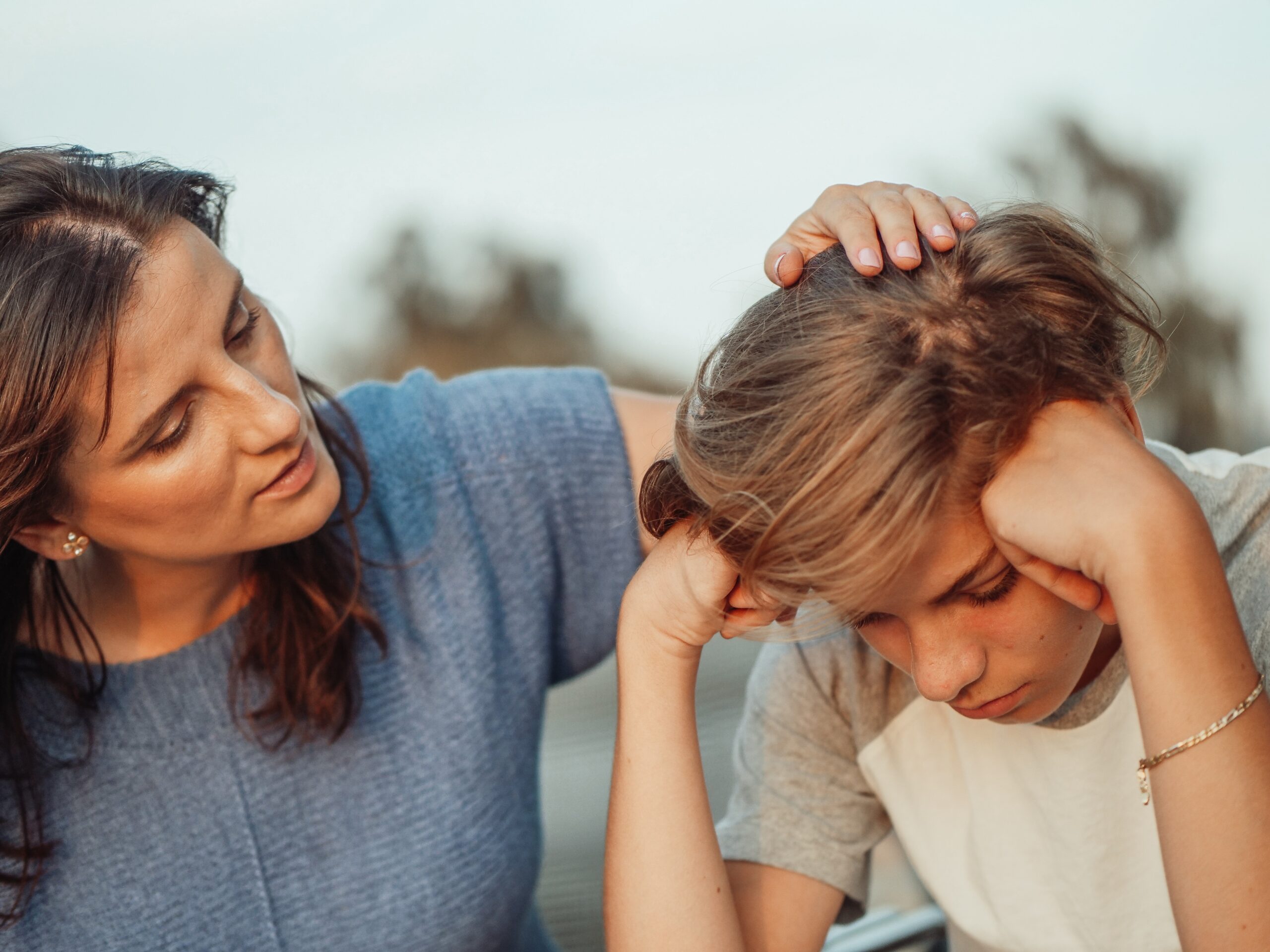
Featured Item

For resilient children, start with yourself
Published
12 months agoon
We cannot control or predict what the future holds for our children, but by connecting with them and building loving relationships, we can give them the tools they need to bounce back after any setback, said renowned educational psychologist Naomi Holdt. But the first step is to examine your relationship with yourself, she told attendees at an event at the Linksfield Shul Community Centre which formed part of the King David Wellness series.

“There is so much pressure on us as parents, in our world, on our kids, and our teens,” said Holdt. “We are in a mental health crisis affecting people of all ages, globally.” That’s why it’s so important to grow children who are resilient, which begins with becoming more resilient ourselves. Resilience develops naturally in the context of a loving relationship, she said.
Holdt maintains that coupled with an adult-motivated pessimism that is rubbing off on our children, adults and children are also experiencing the lingering adverse mental health impact of the COVID-19 pandemic.
“We’re seeing a lot of meltdowns, greater separation anxiety, higher general anxiety, more anger, more testing of boundaries, increased impulsivity and distractibility, exhaustion, and lower tolerance levels,” said Holdt, reflecting on the crisis. These are all normal behaviours when you’re under excessive stress – among adults and children. The worst thing we can do, however, is allow these issues to fester and move on, as the problem will only get worse.
We need to focus on what we can and cannot control – what’s known as the circle of control, Holdt said. In the outer circle are the things we cannot control, and in the inner circle are the things we can. By focusing on the inner circle, rooted in all the little things that we as parents say and do every single day, and going back to basics, we build resilience.
Ultimately parents want happy children. “Resilience cannot be separated from happiness,” Holdt said. “Lower rates of anxiety and depression correspond with higher degrees of resilience, yet 25% of kids and teens face depression and anxiety.” There’s no protecting our kids from every “bullet” they’ll face, be it bullying, pressure, conflict at home, learning difficulties, and so on. As parents, we know our kids will get knocked down, which is painful to witness. Yet if we bullet-proof them, they may go down, but they’ll be able to get back up again.
“Yet, resilience has very little to do with our children and so much to do with us,” said Holdt. “Far more powerful than genes is the environment because that determines whether that gene is expressed. This is where your power comes in, because the environment is your home and your relationship with your kids. This relationship, which represents safety, is the best buffer against stress. Therefore, for resilience to exist, connection is a priority.”
Holdt discussed the simple things that make a massive difference to building resilience. Parents of resilient children are resilient themselves, she stressed. Often, we expect things of our kids that we are struggling with ourselves. “We are role models to our kids – that’s how their brain develops,” she said. “If we want resilient children, we must show them how we handle and navigate the big things in life.”
That’s why self-care – prioritising ourselves physically and emotionally – is so important. “When we aren’t looking after ourselves, we cannot regulate emotionally. For our children to learn how to regulate themselves and stay calm, they need us to be able to regulate ourselves,” Holdt said. “Parents of resilient children are brave enough to look in the parenting mirror.”
Often your children are acting out when you’ve had a bad day because they’re absorbing your emotional space. You need to examine your stress levels, which are often related to work pressure, which means you’re preoccupied and unable to connected fully with your kids.
What’s more, we often react to our kids’ behaviour, but it generally arises for two reasons, said Holdt. It’s either developmentally appropriate, or it indicates that there’s something else going on. “Behaviour is always a message. Too often, we react and punish the behaviour instead of stopping and asking what the message is. If you don’t first figure that out, you’re never going to meet the need, and that behaviour will continue or morph into something else. When you meet the need, everything changes.”
Our kids need to know that it’s ok to express big emotions, said Holdt. Suppressed emotion turns into anxiety and depression, so normalise and talk about emotions. “Vulnerability is the greatest opportunity for the deepest connection,” she said. Children need to know that we love them unconditionally, even in their darkest moments.
She also stressed the importance of maintaining consistent boundaries for our kids especially in hard times as it gives them a sense of safety. When you’re facing exhaustion and trauma, it’s easy to let the boundaries slide, but this is when they need to be the strongest. “Without boundaries, our kids will be anxious. Within the safety of boundaries, they can grow, develop, and learn.” Though many parents want to be their kids’ friend, what kids need most is a leader, someone who creates a safe space in times of uncertainty.
That’s not to say that we must rule by fear, she said. Discipline and punishment are very different things. Discipline means to educate or to instruct, yet a brain in fear cannot grow. Holdt also challenged the idea that there was a perfect way of parenting. “Nobody’s home is without meltdowns and yelling now and then,” she said. “Parenting is a messy dance, and sometimes we step on each other’s toes, but that’s okay.” We must teach our kids that everybody makes mistakes, and that’s how we learn and develop resilience.
Focus on values rather than rules, she said. Rules are changeable, but values like kindness and respect are constant and can consistently drive good behaviour. It all starts with cultivating a strong foundation and a good sense of family that will give your child a sense of belonging. It’s in the small, everyday, playful moments that we connect with our kids. Listen mindfully, put your phone away, and be accessible to your children. “The storms will come, but we need to know that when they do, the roots are strong,” she said.






